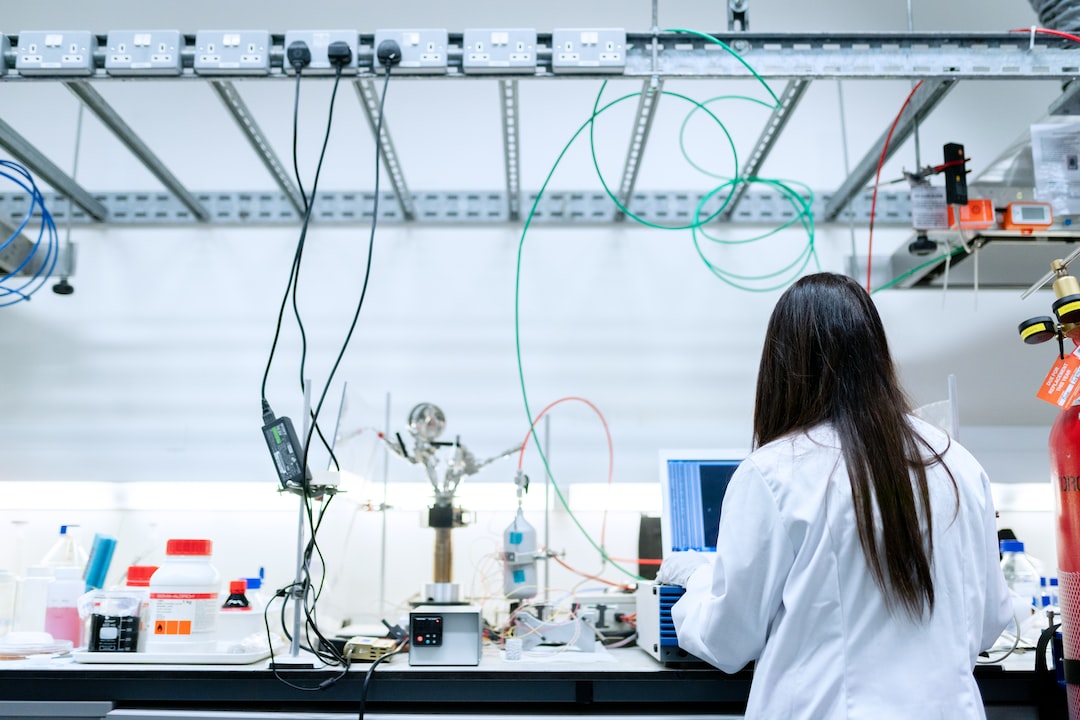Sustainable Engineering: Building a Greener Future
In a world where the effects of climate change are becoming increasingly severe, it has become imperative to find sustainable solutions to mitigate these problems. Sustainable engineering is a field that aims to address the challenges of environmental degradation and depletion of resources by developing innovative and eco-friendly technologies and practices. Its objective is to create a greener future for generations to come.
One of the primary focuses of sustainable engineering is energy efficiency. Traditional sources of energy such as fossil fuels have been major contributors to greenhouse gas emissions and air pollution. Sustainable engineers are working towards alternative energy sources like solar, wind, and hydroelectricity that have a minimal impact on the environment. They are also developing energy-efficient technologies that reduce wastage and utilize resources more effectively, thus reducing the carbon footprint.
Another crucial aspect of sustainable engineering is water management. With the increasing global population, the demand for freshwater is also skyrocketing. Sustainable engineers are developing techniques to minimize water usage through efficient irrigation systems, wastewater treatment, and rainwater harvesting. They are also employing innovative approaches like desalination to provide clean drinking water in regions facing severe water shortage.
Waste management is another pressing issue that sustainable engineering aims to address. The conventional practice of landfilling leads to pollution of land, air, and water. Sustainable engineers are employing techniques like recycling, composting, and converting waste into energy to minimize the impact of waste on the environment. They are also developing sustainable materials that can be easily decomposed or recycled, reducing the accumulation of waste in the long term.
Transportation plays a vital role in carbon emissions and pollution. Sustainable engineering is focusing on developing electric vehicles, improving public transportation systems, and promoting non-motorized transport options like cycling and walking. By reducing the reliance on fossil fuel-powered vehicles, sustainable engineering aims to create a greener and cleaner environment.
Sustainable engineering is not just limited to technology and infrastructure. It also encompasses policies and practices that promote sustainability. Governments and organizations are adopting measures like green building standards, implementing renewable energy targets, and incentivizing sustainable practices. Sustainable engineers are actively involved in designing these policies, ensuring they are practical, effective, and aligned with the goal of building a greener future.
In conclusion, sustainable engineering offers a path towards a greener future by addressing the pressing environmental challenges we face today. By focusing on energy efficiency, water management, waste management, and transportation, sustainable engineers are working towards developing innovative solutions that minimize the impact on the environment. With the collaboration of governments, organizations, and individuals, sustainable engineering can pave the way for a more sustainable and environmentally friendly world. Let us all strive towards embracing sustainable practices and technologies to build a greener future for ourselves and future generations.

